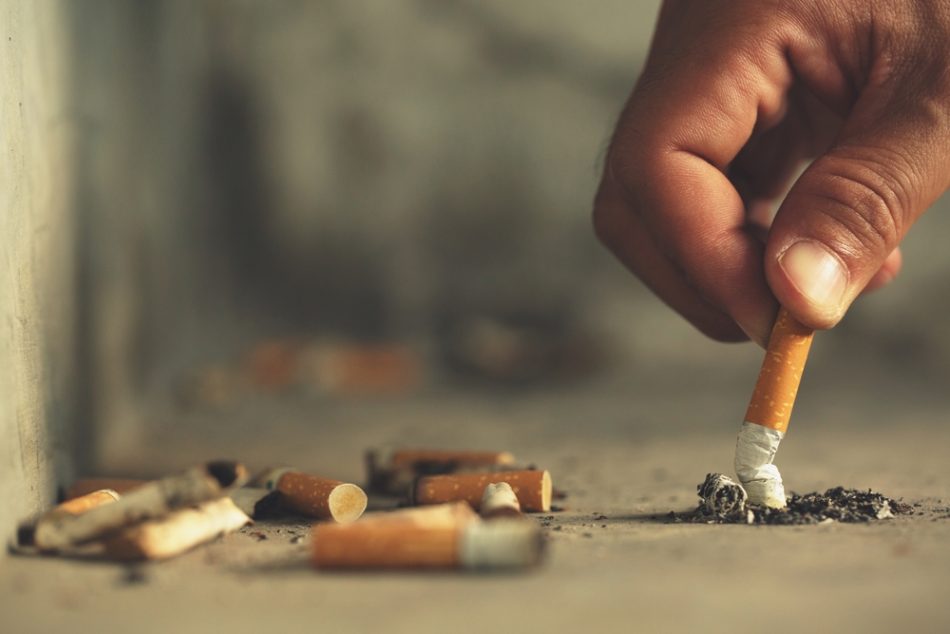People who are incarcerated in American prisons smoke cigarettes and use other tobacco products at disproportionately higher rates than the general adult population, which can be attributed to behavioral health conditions and mental health symptoms.
Inmates likely use tobacco products to cope with chronic and daily stress caused by missing family and friends, lack of freedom, long periods of boredom, interaction with correctional officers, and stressful events due to incarceration itself.
And while the habit is by itself already hard to kick, the prison conditions and the lack of necessary support make it all more difficult to quit. A new study, though, shows that the combination of group-based tobacco dependence treatment and nicotine replacement therapy offers an effective and feasible option to reduce tobacco consumption among inmates.
“Smokers who are incarcerated, similar to other marginalized populations who smoke, lack the necessary skills to quit and have limited access to treatment options,” says Pamela Valera, an assistant professor at the Rutgers University School of Public Health and co-author of the study.
The study, which took place over six weeks, included 177 male and transgender female inmates from seven prisons. Inmates older than 18 who smoked at least five cigarettes per day over the previous week received nicotine replacement therapy in the form of patches and weekly group smoking cessation treatment.
Inmates who completed the six-week program reduced tobacco smoking or quit altogether, suggesting the program may be promising for future larger-scale studies.










